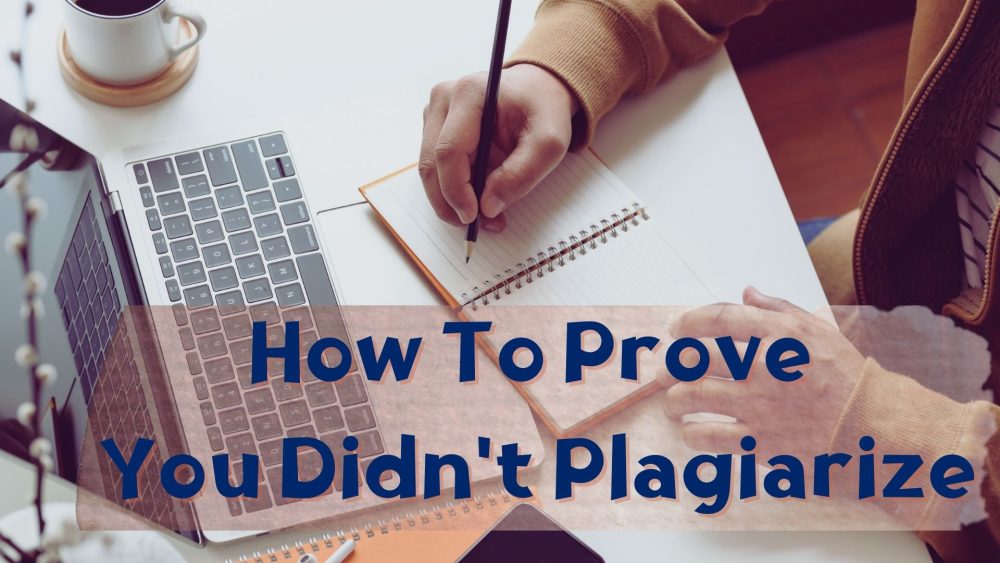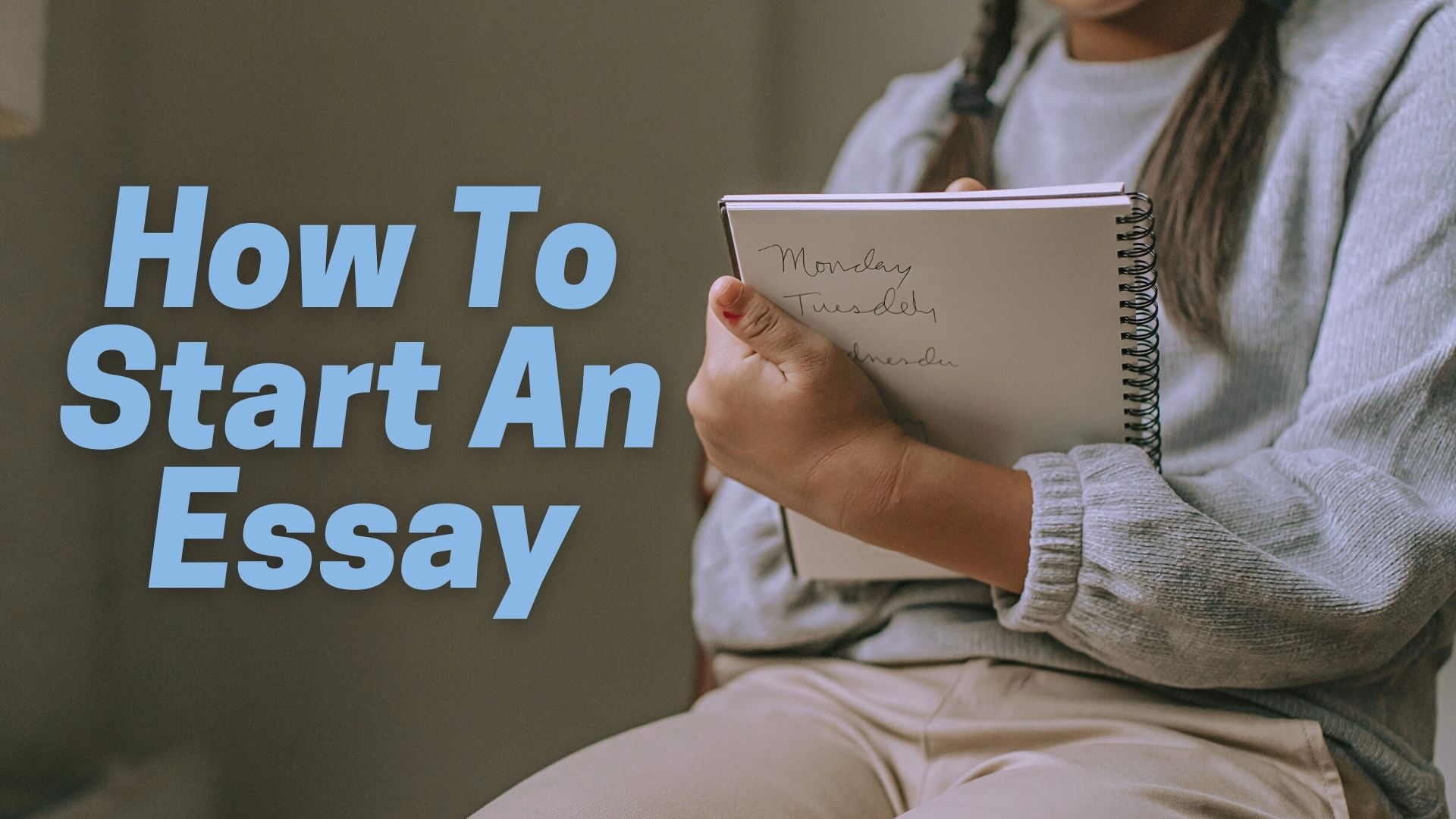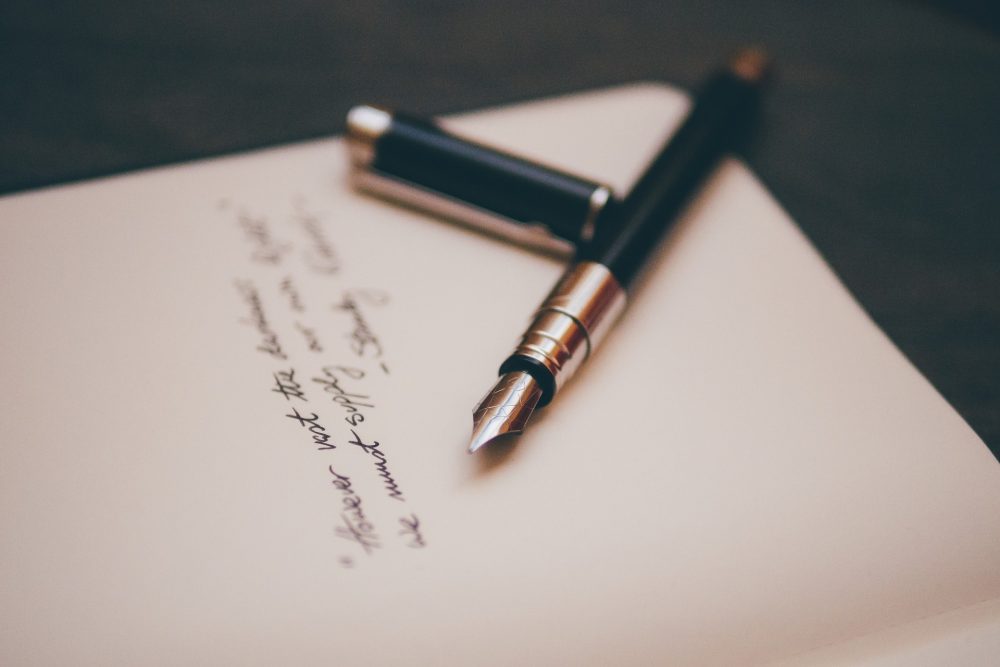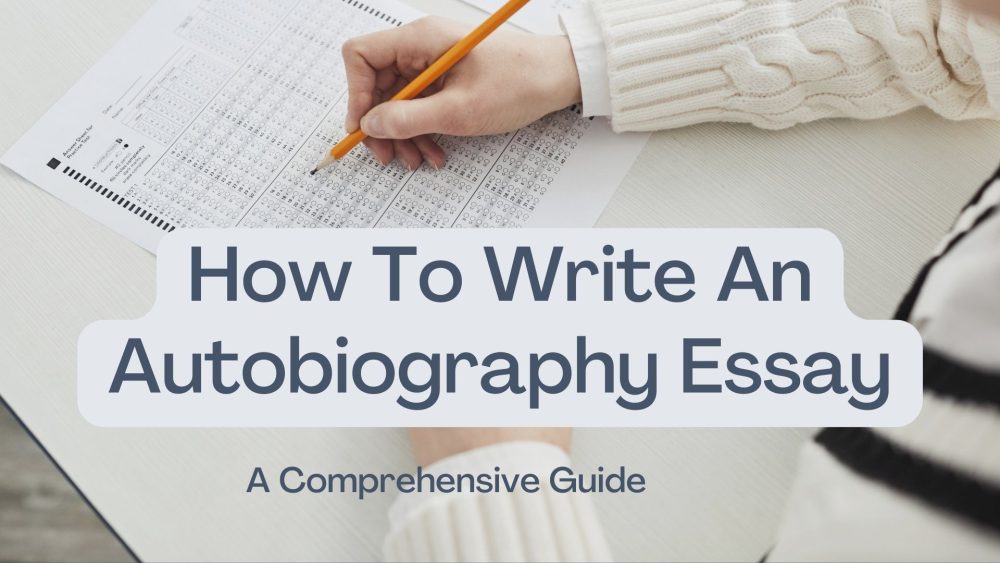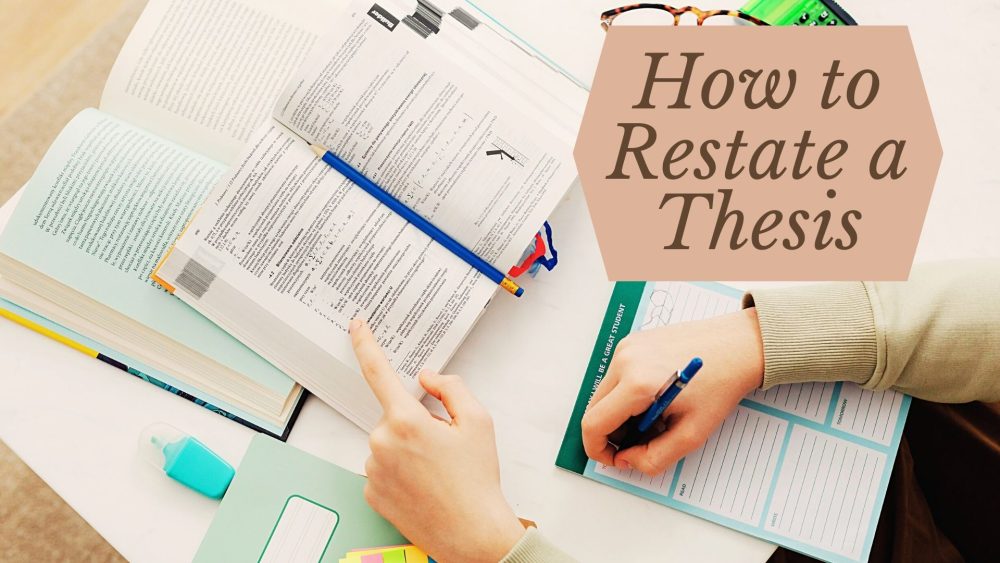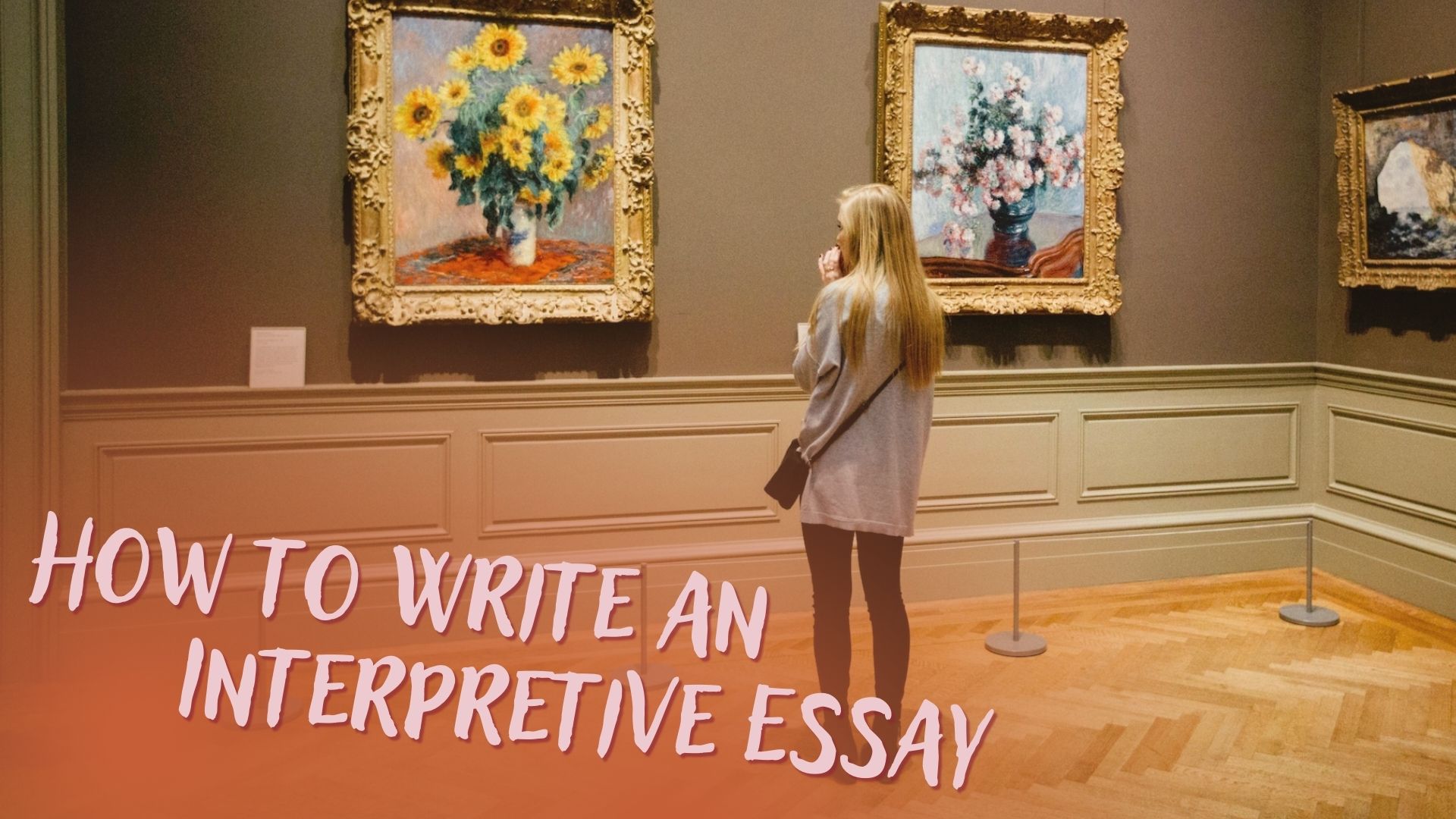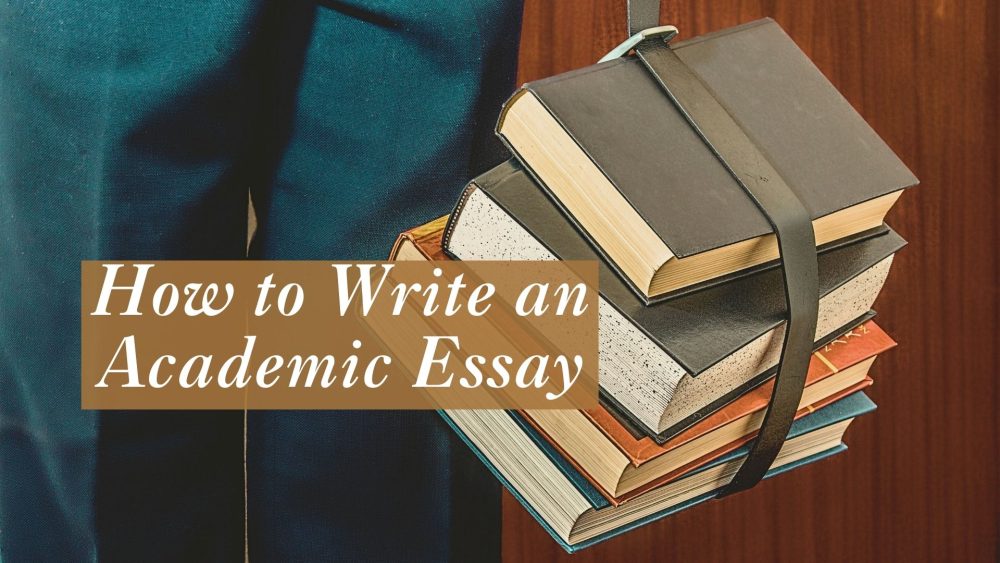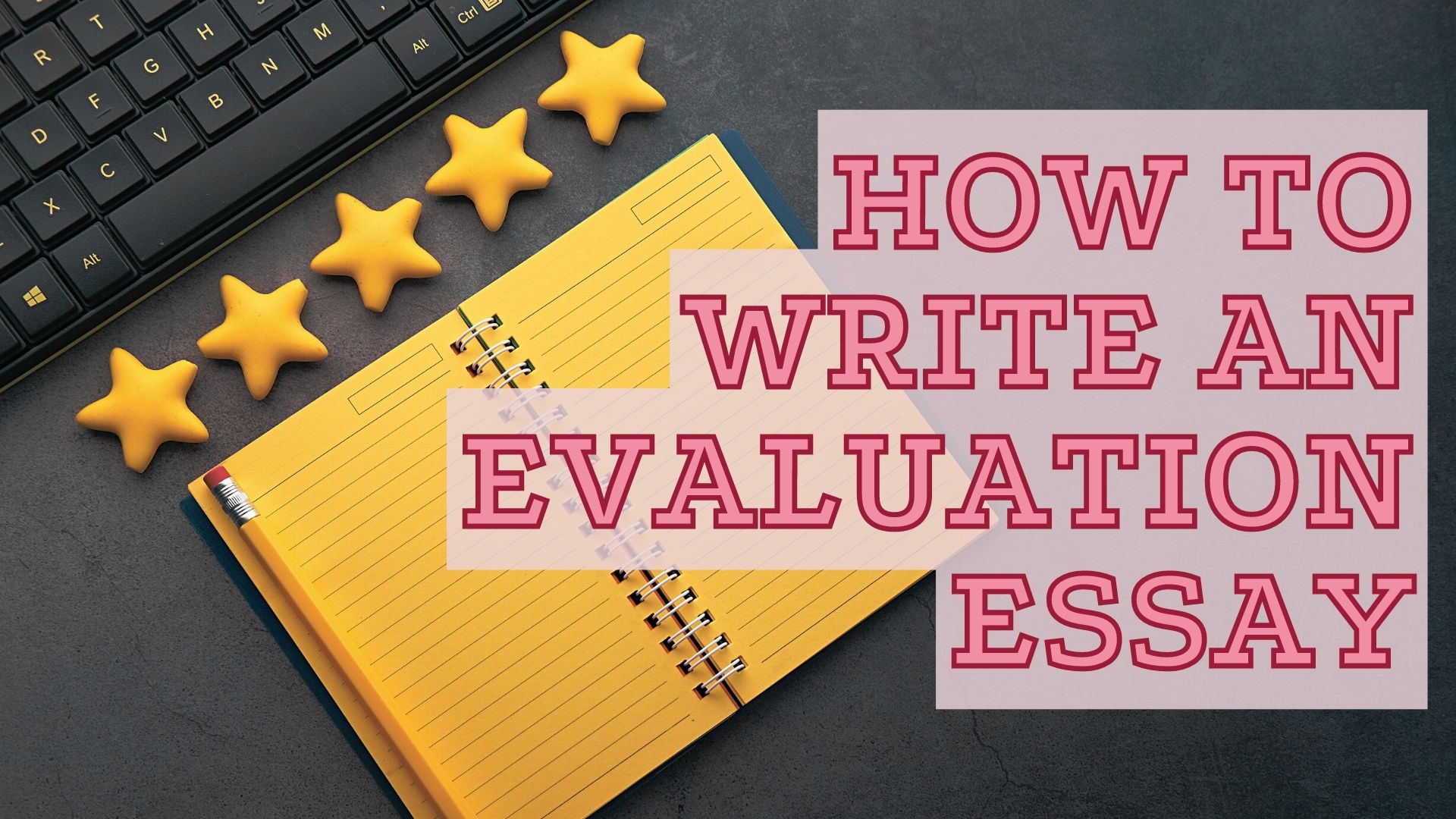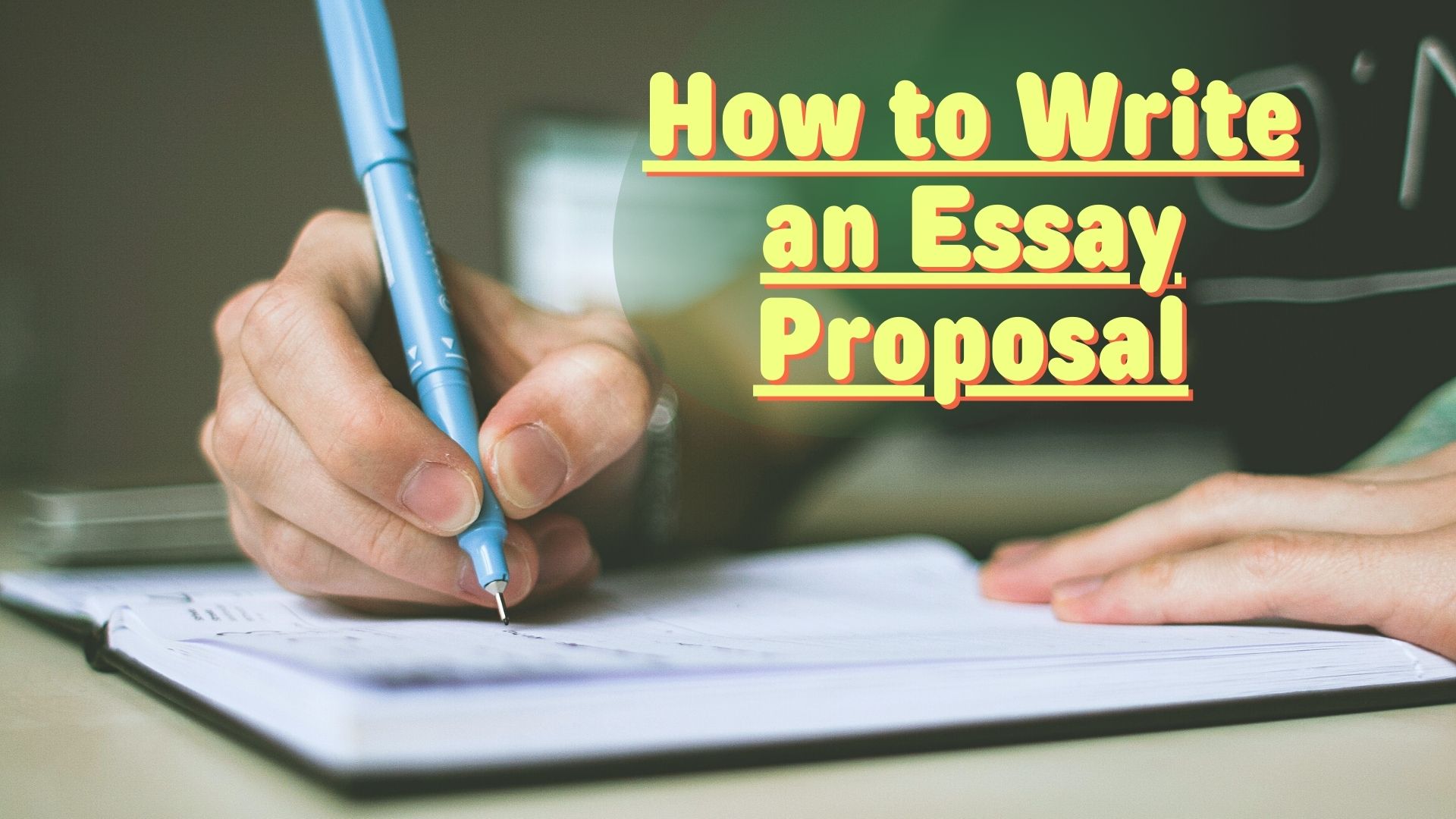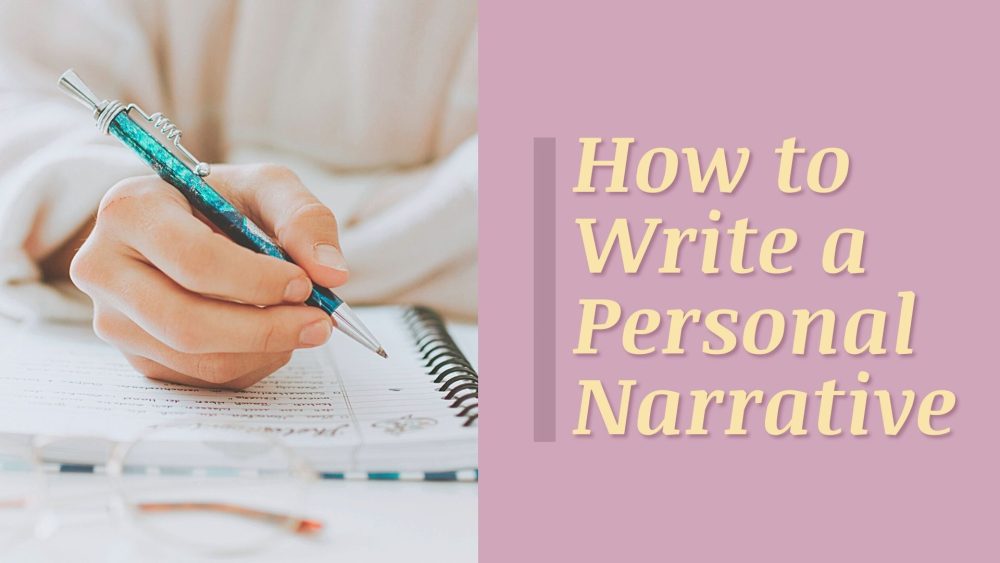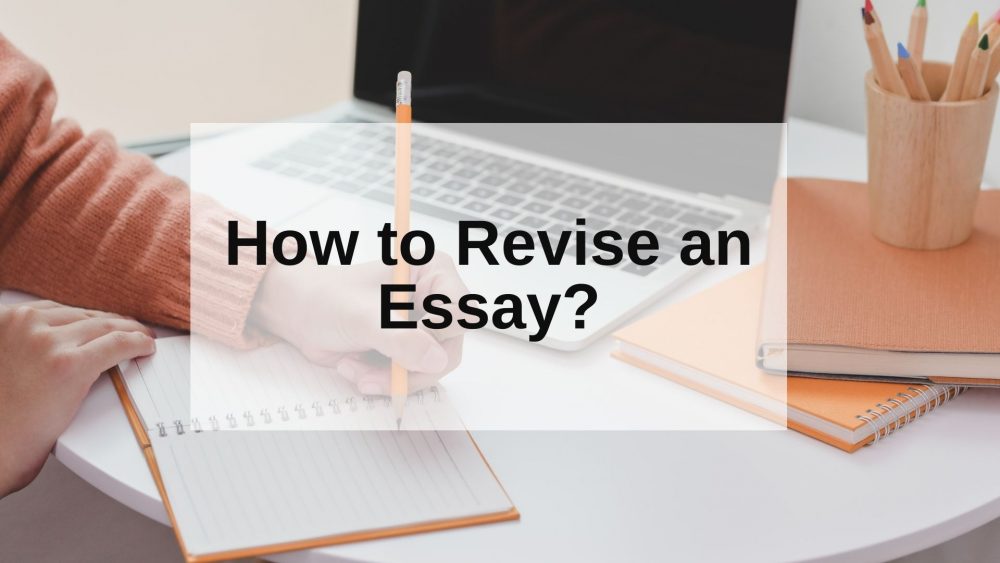Want to learn how to convince your teacher that you didn’t plagiarize? Don’t know what to do if your teacher thinks you plagiarized? You have arrived at just the right place. In this blog post, we will talk about plagiarism and what it means for students and professors, as well as the various methods used to detect this academic integrity violation.
Of course, we will show you how to prove you didn’t plagiarize without making your situation worse (by lying, for example). Because yes, there are ways to reduce the penalty you’ll receive for the infraction – or even get off scot-free. Our experts are here to help you with personalized information, so don’t hesitate to get in touch with us if you’re facing a severe penalty.
Contents
Everything About Plagiarism and the Plagiarism Check
Let’s start with the beginning. What is plagiarism? As you probably know, using someone else’s work in your own essays or research papers is a serious issue in high school, college and university. This is what plagiarism is: the use of another person’s work without giving credit. In most cases, plagiarism meaning copying and pasting information you find online into your papers. However, using someone else’s data (graphs, statistics, tables, etc.) or using someone else’s ideas as your own is also considered to be plagiarism. Yes, this means that rewording content you find on the Internet also constitutes plagiarism.
There are many reasons for students to commit plagiarism (even when they know that the consequences can be devastating). Here are some of the most common reasons:
- You are running out of time and you need to submit the academic paper on time or risk getting a penalty.
- You have no idea what you need to write in your research paper and manage to find a sample paper online. If you need help with a research paper (and don’t want to get caught plagiarizing), get in touch with our expert academic writers.
- You may think that copying a few sentences from a website won’t hurt anyone. Wrong! You risk getting a 0 on your assignment.
- You may think your professor didn’t read a specific book or journal that is not available online. However, the truth is that you really don’t know what your professor has read in his long academic career.
- You really need a top grade, so you’re willing to do anything it takes to succeed. We know you want to get an A+ on your paper, but plagiarizing won’t get you there in most cases.
How Do Professors Check for Plagiarism?
Accused of plagiarism but didn’t do it! Help! We have been receiving this plea for help from students for years. This is why we want to talk about a very sensitive thing: the plagiarism check. So, how do professors check for plagiarism? There are actually several ways one could check for plagiarism. Below, we will talk about the most commonly used methods:
- You are using an integrated learning environment that contains advanced plagiarism detection tools. With the transition to online learning, ILE systems have become increasingly complex. In fact, most environments allow professors to check for plagiarism with just a couple of mouse clicks.
- Your professor reads your paper and some parts of it raise a red flag. It looks like experienced teachers have an inane ability to sense what certain parts have been copied from somewhere else. It has to do with how the text is written and with the language being used. The professor will simply google the topic until he finds the source.
- Your teacher is used to running a plagiarism check on every paper he receives. They will simply copy and paste your text into the plagiarism detection tool and click “Run.” Yes, it’s that simple! There are hundreds of plagiarism checkers out there, and many of them are free.
Believe us, being falsely accused of plagiarism is not a common occurrence, especially if your professor uses plagiarism detection software. These tools compare your text (every word, every sentence) to billions of web pages. Advanced tools are even capable of searching through books, articles and journals stored in huge databases. Beating such a system is very difficult and false positive results are extremely rare.
We can assure you that if you buy college essays online from our team, you will never get any accusation of plagiarism, because our experts always deliever 100% original and high-quality writings.
My Teacher Thinks I Plagiarized But I Didn’t
My teacher thinks i plagiarized but i didn’t. What should I do? Even though it rarely happens, you may be falsely accused of plagiarizing someone else’s work. This usually happens if a part of your text is very similar to something already published online. If this happens, you should immediately discuss it with your professor.
You will have to politely explain that you did not use someone else’s work. Present other parts of your paper that are 100% original as proof and explain why you wrote something the way you wrote it. Make it clear that it was just a coincidence that the plagiarism checker flagged your paper as containing plagiarism. In most cases, your professor will believe you and you won’t get penalized.
What to Say When Caught Plagiarizing?
Don’t know what to say when caught plagiarizing? If you have been caught (and you know you did it), there aren’t many things you can say. The best thing you could do is try to get a lower penalty. Keep in mind that your teacher has the right to give you a 0 on the assignment (or even an F on the course). This can cause you to fail the class, so it’s not something you should take lightly. Here are some of the things you could try:
- Immediately email your professor if you have been accused of plagiarism. You should politely ask for a meeting with the academic to present your case. Don’t simply ignore the notification because you won’t escape the penalty.
- The first thing you should do is admit that you’ve plagiarized and make it clear that you are aware of the potential consequences. Take responsibility for your actions and DO NOT lie. Making up stories about how you worded a 200-word paragraph exactly like Stephen Hawking won’t make your situation any better – guaranteed.
- Tell your teacher that you were pressed for time or that you didn’t realize that copying a couple of ideas (and then expanding on them in your own words) would be such a serious offense.
- Explain to your teacher that you’ve read the work you have copied from and that you erroneously thought that using some of those brilliant ideas and talking points wouldn’t be considered plagiarism. After all, you wrote everything else by yourself.
- If nothing else works, simply admit that you were wrong and say that you will accept the penalty. Professors will be more lenient if they notice you’ve taken responsibility for your actions and didn’t try to make things worse by making up excuses.
The Best Essay Writing Help
Instead of being accused of plagiarism, why don’t you get some essay assistance from the most experienced ENL writers on the Web? Here, you can get the best custom essay writing help fast and cheap. Our native English speakers will write you an exceptional essay or research paper in as little as 3 hours. Everything is written from scratch, so you won’t have to worry about plagiarism.
We can write custom content for any student online, so you don’t even have to leave the comfort of your couch. You just tell our experts what you need and they will get it done for you on time and on budget. Over the years, we have helped thousands of students all around the world with top notch academic content that has earned them top grades.
Our writers all have Master’s or PhD degrees, so your papers will be written by people who know what they’re talking about. We have an expert for every class, including math, physics, economics, statistics, biology, geography, religious studies, political studies, and computer science. Use our secure website to place and order today!
Frequently Asked Questions
My professor said i plagiarized and I really don’t know what to expect. We are certain you have a lot of questions on your mind. What will happen now? How bad is it? What can you do about it? Below, you will find answers to the most common questions that a student may ask when caught cheating:
Q: Can a teacher accuse you of cheating without proof?
A: Generally speaking, professors need proof to be able to apply a severe sanction to a student. However, you could receive a reduced grade without being presented any proof. Proof is mandatory only if the faculty member submits a report and intends to penalize you for an academic integrity violation.
Q: Is emailing professor about cheating a good idea?
A: This depends on your professor. If you have been accused of plagiarism, it’s usually a good idea to discuss the situation with your professor. Some universities actually request a meeting between you and the faculty member. So yes, you could try to email the professor and politely state your case.
Q: What’s the worst that can happen if a faculty member suspects me of cheating or plagiarizing?
A: If you have been charged with plagiarism, the consequences can be severe. In the worst case scenario, you could get an F in the course. This rarely happens, however. In most cases, you will receive a 0 on the assessment or at the very least a reduced grade. Your work will also be more thoroughly checked.
Q: Do all professors check for plagiarism?
A: This depends a lot on how thorough your professor is. Most professors will check only papers that contain clear signs of cheating. It’s rare to find a teacher who will spend a lot of time checking each and every paper. However, be warned: professors can usually tell if you use someone else’s work.
Q: Can I appeal the penalty?
A: Yes, you could appeal the academic sanction if you are absolutely sure you did not commit plagiarism. If you know you did it and the sanction is not too harsh, we would advise you to just take the hit and work hard to recover. Most faculties have an Academic Integrity Review Board that you can make an appeal to.

